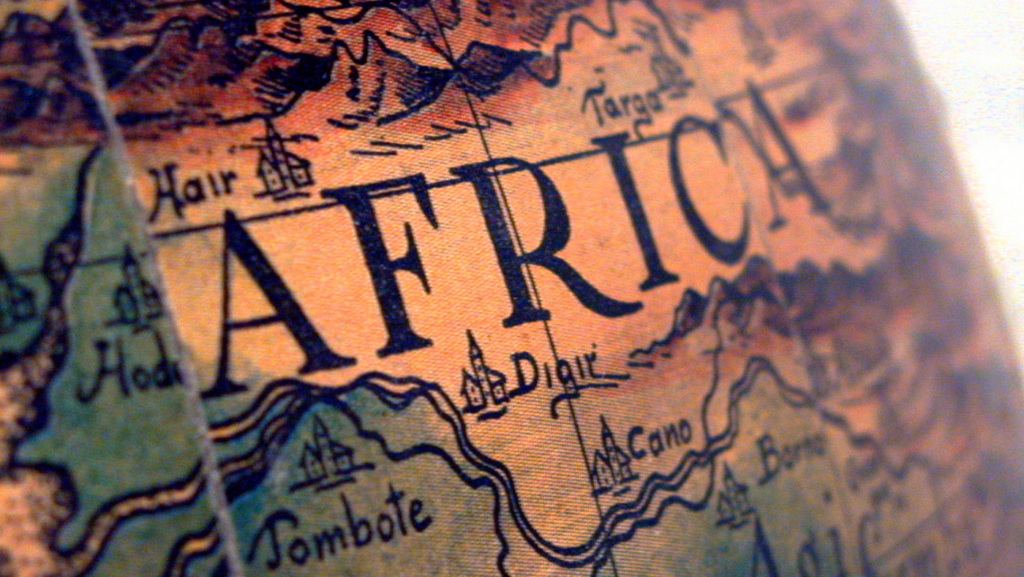
By Olakunle Agboola – Africa is a continent with immense potential, but projecting its future global influence requires consideration of various factors.
The narrative surrounding Africa’s ascent to global prominence has gained momentum in recent years. This has been a subject of different forums and economic summits across the continent, elaborating on Africa’s vast resources, its youthful population, and emerging talents. Africa has a huge potential to play a significant role in shaping the future world order, but how could this be realized with a set of challenges faced by the continents?
Africa’s economic potential is vast, driven by its wealth of natural resources, untapped markets, and a burgeoning entrepreneurial spirit. Positioning Africa at the forefront of the global economy, investments in infrastructure, sustainable development, and the diversification of economies are imperative. This is a major reason why it is necessary to address economic disparities among nations, as this will contribute to a more inclusive and robust economic landscape.
Africa has a unique advantage of its youthful population, as it is set to become a demographic powerhouse by the year 2050. However, realizing the demographic dividend requires investments in education, healthcare, and job creation. This is the idea shared by Professor Olu Akinbode of the University of Greenwich UK, as he emphasized empowering the youth with skills and opportunities, which will propel the continent towards global leadership.
Africa’s geopolitical significance is on the rise, but challenges such as political instability, conflicts, and regional tensions persist. Nigeria is expected to take the lead in change by integrating culturally, religiously, and politically to end corruption, greed, and selfishness. The DRC is not left out as it has experienced long-standing conflicts, particularly in the eastern regions. Various armed groups, both domestic and foreign, have been involved in the fighting, leading to displacement, human rights abuses, and a complex humanitarian crisis.
This is a region rich in natural resources, including minerals like coltan, tin, and gold but the exploitation of these resources has been a driving force behind conflicts, with armed groups funding their activities through the illegal trade of minerals. Efforts to regulate and monitor the mineral trade have been challenging due to greed and corruption.
Somalia has experienced prolonged political instability and a lack of effective governance. The country has faced difficulties in establishing a stable political order, and efforts to build a functional government have been hindered by internal divisions and external pressures. Somalia has been affected by armed conflict for several decades, involving various factions and, more recently, the presence of extremist groups like Al-Shabaab. The conflict has resulted in displacement, loss of life, and a significant humanitarian crisis.
Libya has experienced political fragmentation since the overthrow of Muammar Gaddafi in 2011. The country has been divided between rival governments, with the internationally recognized Government of National Accord (GNA) in Tripoli and the eastern-based Libyan National Army (LNA) led by General Khalifa Haftar. This political division has contributed to ongoing instability. The presence of numerous armed groups and militias has been a significant challenge in Libya. These groups often operate independently, leading to clashes and insecurity. Efforts to disarm and integrate militias into a unified national army have faced obstacles.
Building strong and stable governance structures, fostering diplomatic relations, and actively participating in international forums are essential for Africa to assert itself on the global stage. The foundation. Is building the capacity of governmental institutions. This involves investing in training programs, hiring qualified personnel, and improving administrative efficiency to ensure that institutions can effectively carry out their mandates. Consider devolving power to local governments to enhance citizen participation and bring governance closer to the people. Decentralization can empower local communities, promote accountability, and address regional disparities.
Africa’s rich cultural heritage is a powerful tool for shaping global perceptions. Leveraging cultural diplomacy through art, music, literature, and film can enhance Africa’s soft power, fostering greater understanding and collaboration on the world stage. African artists are transporting African culture on a global stage, but a forward-thinking government will do all to leverage the sustainability and influence of making Africa stand tall.
Positioning Africa to rule the world involves navigating a complex landscape of potential and challenges. As the continent strides towards global leadership, a collaborative and inclusive approach is essential. Africa’s journey to the forefront of the world stage requires visionary leadership, strategic planning, and a commitment to sustainable development. Addressing economic, social and geopolitical challenges, Africa can harness its potential and contribute significantly to shaping the future of the world.
Kindly follow us on twitter:@AfricanVoice2









